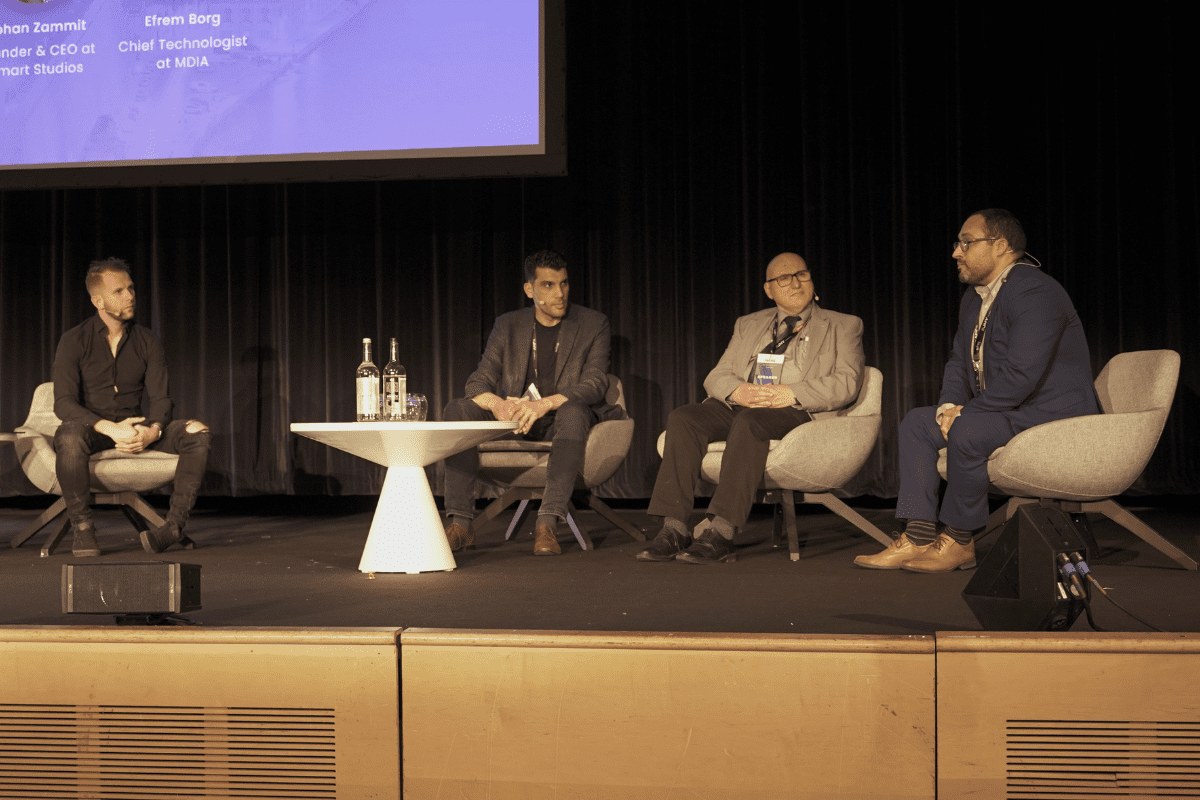Panel discussion: Technologies
Description
The world has dramatically changed and so has the way the property industry does business. One of the main changes, digitalization, has accelerated due to the COVID-19 situation. The Property industry has been one of the industries that saw itself faced with the need to rapidly digitize to avoid being left behind, digitalization is not anymore an option, but a need. However, it is not that simple, companies must ensure digital security since users will not be willing to use digital channels if cybersecurity cannot be guaranteed. Property and Real Estate represent more than 20% of the GDP in Malta, however, the use of the technology or proptech is not well established in the local market despite the general European market where there was a growth of 550% on the investment in five years. Thus, a glance at the future is promising.
Objetives
- Encourage the Maltese Property industry to adapt to the new technologies
- Build trust on innovative technology.
Speakers
- Martin Camilleri – CTI at MITA. Maltese Government Rep. on the EU Council Security Committee
- Joan Zammit – Founder & CEO at Smart Studios
- Efrem Borg – Chief Technologist at MDIA
Moderator: Joshua O’Cock – CEO and Founder of Growth Gurus
Property industry: highly disruptable
The three main trends where digital disruption is having an effect on the property sector can be categorised as previous, during, and after the construction of a building.
Prior to construction, virtual and augmented reality (VR and AR, respectively), can help developers visualise architectural plans and introduce changes if necessary.
During construction, 3D buildings could bring forth significant changes, although it is still in its infancy.
Once buildings are completed, Internet of Things (IoT) sensors are installed in heating systems, lighting, lifts, doors, blinds… This, in turn, produces great amounts of data, which can then be analysed through the use of AI. Besides, property aggregators can help list these properties and help connect buyers and sellers. VR and AR can also help visualise the final appearance of the house or office space once furnished. Finally, digitization can help with the notarization and signing of documents.
In sum, the whole of the property industry is highly disruptable. The start may have been slow, but it is catching up incredibly fast. The level of investment is quickly rising. One of the ‘Big Four’ companies, KPMG, issued a survey about the real estate industry’s journey into the digital age. 78% of the respondents said that interest in new technologies has risen up dramatically.
Security concerns
This trend of digitization has not come free of risk, however. Websites that are not well protected are known to be a potential source of vulnerabilities, which can then be exploited. Valuable consumer or commercial data can be stolen and used for nefarious purposes, even sold to competitors. Security concerns extend to IoT devices, such as the ones installed in home or office automation systems: lighting, heating, lifts, garage doors, CCTV systems… Spreading awareness is important, as 97% per cent of breaches are due to user oversight. The vulnerabilities of some systems can cause grievous harm. If a hacker gets access to an HVAC connected to the internet, he could elevate the temperature of a house to a dangerous degree. A person with access to a CCTV can monitor the perimeter of a house to commit robbery. In other cases, it can be fatal, such as hackers taking control of medical systems. Making these systems secure could also be a strong selling point.
The MDIA is working to build trust in innovative technologies, directing its efforts both towards the public and towards private companies. The Technology Assurance Assessment Framework (TAAF) is providing tailored and sector-specific technological assurances to many innovative companies according to discipline (privacy, availability, operational) and risk appetite.
Integrating solutions
The rate of adoption of automated systems in office spaces and high-end properties is increasing rapidly. The opportunity in proptech lies in integrating these solutions, thereby making them convenient and secure. There is demand for this technology, but those that demand it are not knowledgeable enough to integrate it in a secure manner. The technology is already at the point where integrators only need to fill in the demand by offering the whole package to home users.
The human touch
Despite the proliferation of real estate buying and selling platforms, which can do the bulk of the work of listing properties, real estate agents will never cease to be important. They not only are more convincing and more able to cater to our specific needs, but they also provide us with a type of interaction that is irreplaceable. AR and VR could even enhance the work of the realtor, as they could use it to show their clients how the house would look when fully furnished. Therefore, the only people of the real estate sector that should be afraid of technology are those that are not providing additional value.
Legislative efforts
The European Union has introduced the Cybersecurity Act with related certifications. There is a proposal to introduce an Artificial Intelligence Act.
At the national level, Malta has deployed the Cybersecurity Strategy and the Artificial Intelligence Strategy.
Creating a proptech culture in Malta
Although the island nation has experienced some resistance to the introduction of changes, preferring traditional methods, the new Maltese generations are much more entrepreneurial. Previous attempts to create innovation hubs, such as the Kordin Business Incubation Centre and the Gozo Innovation Hub, have not been satisfactory. Learning from these experiences, new initiatives should be developed, aimed at providing people that want to launch new startups with access to resources and expert guidance.
Updates and further information about the summit’s developments can be followed on the official blog and on its social media channels.





